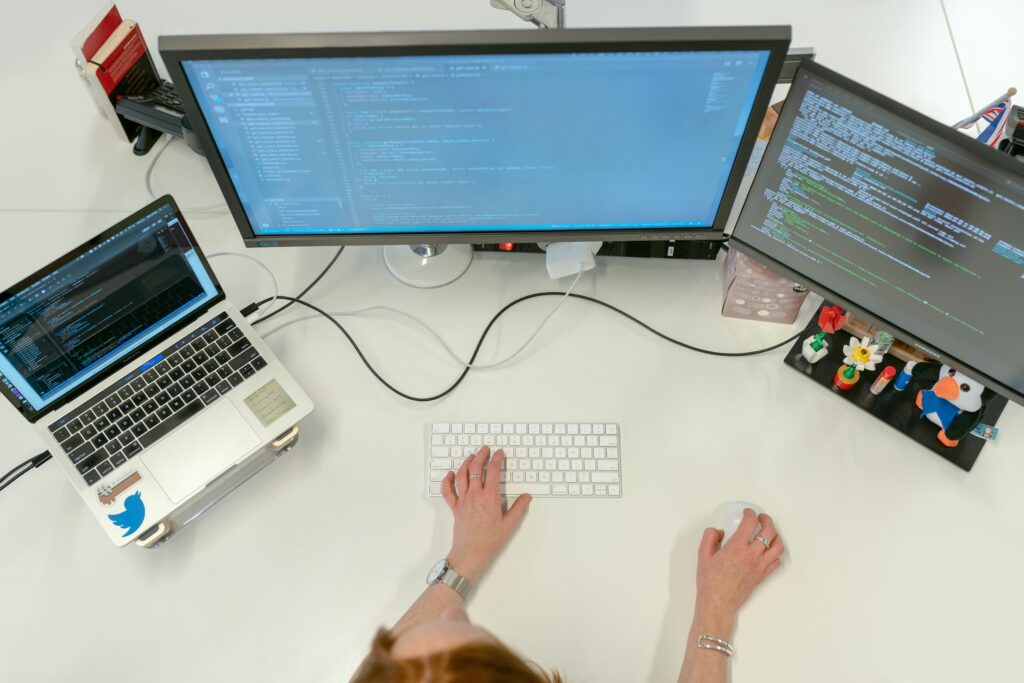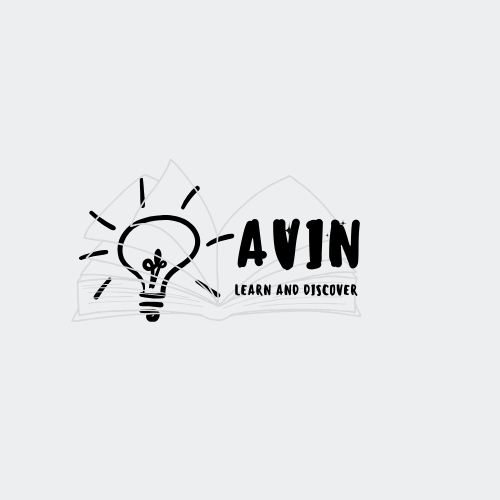
How to Start Your Banking Career from Scratch
Introduction
Starting a career in banking might feel challenging, especially if you don’t have prior experience. However, the banking industry offers countless opportunities for ambitious professionals who are willing to learn and grow. Whether you are a fresh graduate or looking for a career change, you can build a successful career in banking from scratch.
In this guide, we will cover the steps, skills, education, and certifications that can help you get started in the banking sector.

1. Understand the Banking Industry
Before applying for jobs, it’s important to understand the different areas of banking:
- Retail Banking → Customer service, savings accounts, loans.
- Corporate Banking → Business accounts, financing, credit.
- Investment Banking → Mergers, acquisitions, and financial markets.
- Risk & Compliance → Fraud prevention, regulations, KYC/AML.
- FinTech & Digital Banking → Online payments, mobile banking, blockchain.
Tip: Research which area matches your interests and long-term career goals.
2. Build the Right Educational Background
Most entry-level bank jobs require at least a bachelor’s degree.
- Popular degrees: Finance, Accounting, Business Administration, Economics, or Public Policy.
- Some banks also accept graduates from any field, as long as you have strong communication and numerical skills.
If you don’t have a finance- related degree, consider online courses or certifications (Coursera, edX, Udemy).

3. Develop Essential Skills for Banking
Banks value skills even more than experience. The top skills include:
•Communication → Explaining financial products clearly.
•Numerical & Analytical Ability → Handling numbers, analyzing data.
•Problem-Solving → Managing risks and customer issues.
•Digital Literacy → Using banking software, online systems, cybersecurity.
•Customer Service → Building trust and long-term relationships.
⸻
4. Gain Experience through Entry-Level Roles
If you are starting from scratch, apply for entry-level banking jobs, such as:
•Bank Teller
•Customer Service Representative
•Sales & Loan Officer
•Back Office Assistant
•Compliance & Risk Trainee
These roles don’t always require experience and allow you to learn the banking environment from the ground up.
SEO Keywords: entry level bank jobs, teller job requirements, no experience banking jobs

5. Certifications to Boost Your Career
While not always required, certifications can make your CV stand out:
- CFA (Chartered Financial Analyst) – Great for investment banking.
- FRM (Financial Risk Manager) – Risk and compliance roles.
- ACCA (Chartered Accountant) – For finance/accounting jobs.
- Digital Banking Certificates – For careers in FinTech.
These certifications increase your chances of getting hired and growing quickly in the banking industry.
6. Network and Apply Strategically
- Create a LinkedIn profile that highlights your education, skills, and interest in banking.
- Network with banking professionals by joining career events or online communities.
- Apply through official bank websites, LinkedIn Jobs, and local job boards.
👉 Don’t just apply randomly—tailor your CV and cover letter to each get a bank job .

7. Stay Updated with Industry Trends
The banking industry is evolving with digital transformation and new regulations. Stay informed about:
- FinTech
- Cryptocurrency and blockchain
- Artificial intelligence in banking
- Global financial regulations
This makes you stand out as a future-ready candidate.
Frequently Asked Questions (FAQ)
Q1: Can I work in a bank without a finance degree?
Yes, many entry-level jobs accept graduates from different fields if they have strong communication and problem-solving skills.
Q2: How do I get a bank job with no experience?
Start with entry-level positions like teller, customer support, or back-office assistant. Internships and volunteering also help.
Q3: What is the fastest way to get into banking?
Develop the right skills, take short online certifications, and apply for trainee or junior-level roles.
Q4: Is banking a good career in 2025?
Yes. The banking industry continues to grow, especially with digital banking and fintech opportunities.
Conclusion
Starting a banking career from scratch is absolutely possible. By building the right education, skills, certifications, and networking, you can land your first role and grow step by step in the financial sector.
👉 Remember: focus on continuous learning and adapt to the fast changes in the industry. If you are motivated and consistent, a successful banking career is within your reach.

